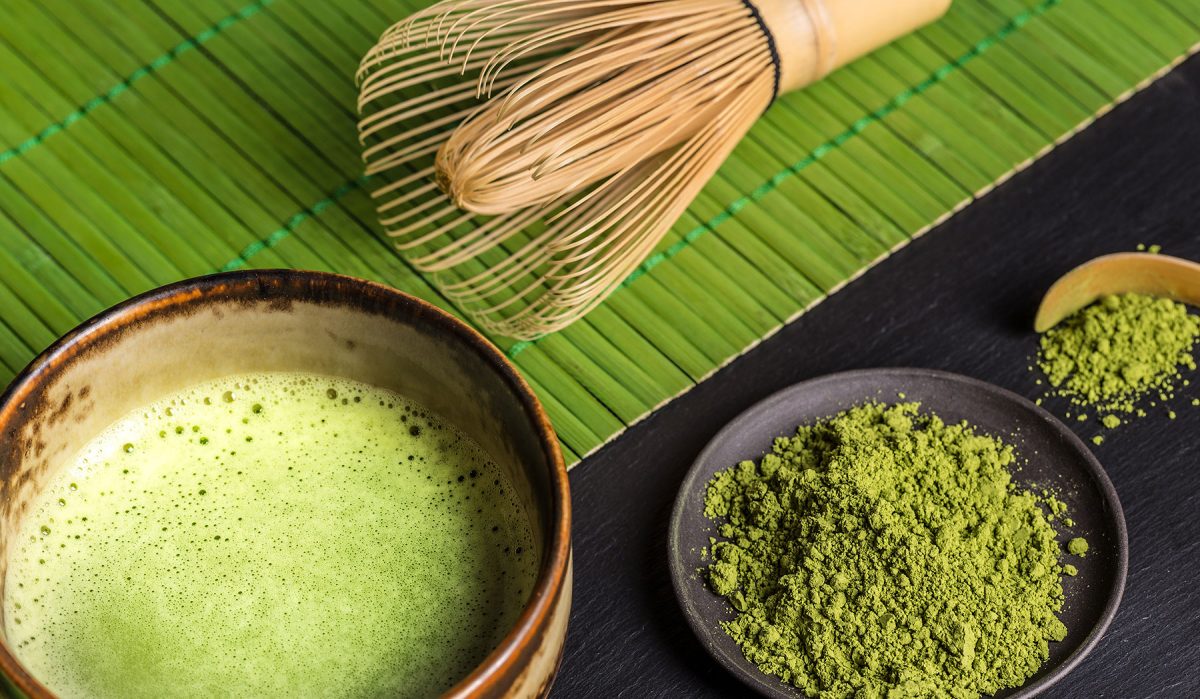In 1191, it is popularly believed that the Buddhist monk, Eisai, returned to Japan from studying in China. With him, he brought tea tree seeds and tea culture, already an essential part of Buddhism in China. Although tea was already known to the Japanese, with tea gardens a feature of Buddhist temples, it was not popularized until Eisai reintroduced the beverage years later.
With his guidance, tea became part of Zen Buddhist culture. He wrote Kitcha-Yojoki, The Book of Tea Sanitation. It was the first book written in Japan about tea, and detailed the health benefits of the beverage, promoting it as a “divine remedy”. Around the same time, Minamoto Shogun Sanetomo, a leading official, fell ill and sought the advice of Eisai. Eisai prescribed not only prayer to help him recover, but also tea. The shogun recovered, and tea was praised for its beneficial properties, catapulting it into popularity.
